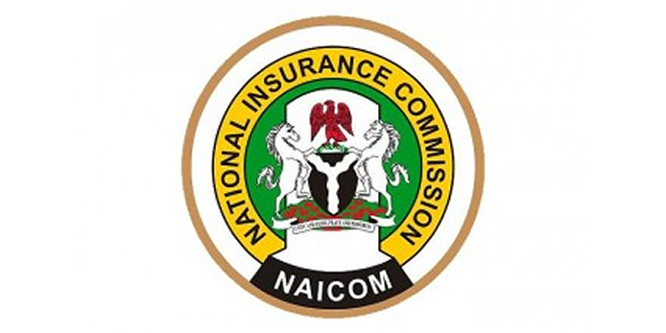Insurance stakeholders on Thursday debunked insinuations that insurance companies in Nigeria lack capacity to successfully insure aviation business, especially aircraft acquisition.
They said the resort to re-insurance was in line with global best practices, where all underwriters had existing treaties with re-insurance companies.
The Commissioner for Insurance/CEO, National Insurance Commission (NAICOM), Mr Olusegun Ayo Omosehin, joined other insurance stakeholders yesterday at the fourth CHINET Aviacargo Conference in Lagos, which brought together leaders of aviation, cargo business and insurance regulators.
The Executive Director, Operations for Consolidated Hallmark Insurance, Jimalex Orjiakor, said in terms of aviation insurance, Nigeria was like a war zone.
- Mortgage bank to raise N50bn via private placement
- Remi Tinubu donates N215m to 4,300 women in FCT, 3 states
Other stakeholders at the first panel session focusing on aviation insurance were Chairman of Boff and Company Insurance Brokers, Chief Babajide Olatunde-Agbeja; and the Managing Director, Omowale Olatunde-Agbeja; and Shedrack Adegoke of AIICO Insurance.
Daily Trust reports that there has been a controversy over the capacity of insurance companies in Nigeria to provide insurance cover for aviation business in the country.
Airline operators had argued that all the insurance companies put together could not provide full insurance for one aircraft.
Thrashing the issue yesterday, the insurance sector chief regulator, Omosehin, dismissed the insinuation, saying there was no controversy whatsoever over the capacity of the insurance companies.
He said there were no fewer than 29 aviation underwriters in Nigeria regulated by NAICOM in compliance with the regulations of the Nigeria Civil Aviation Authority (NCAA).
He assured operators not to panic, that their risks were being insured in Nigeria, saying, “We ensure the stipulated standards are met. Every year, by January, we review the reinsurance treaties of every underwriter in this market to be sure it meets with global standards, and it is on that basis that we approve their treaties and they are then allowed to operate.

 Join Daily Trust WhatsApp Community For Quick Access To News and Happenings Around You.
Join Daily Trust WhatsApp Community For Quick Access To News and Happenings Around You.


